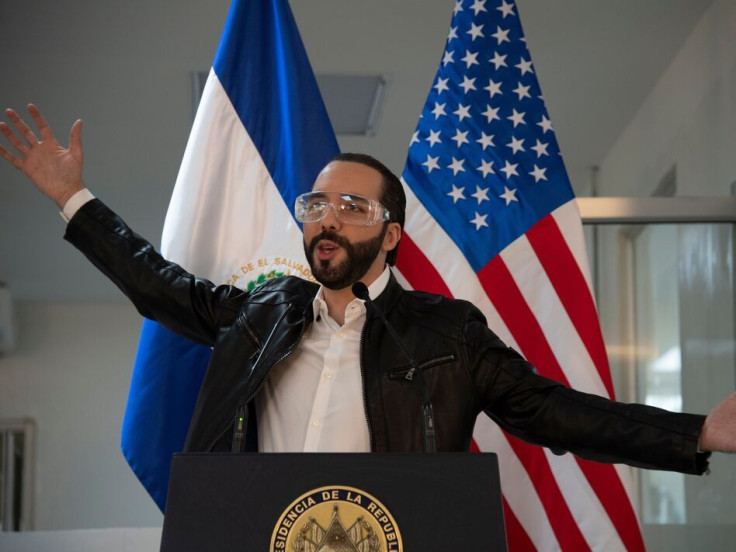The nine-month state of emergency instituted by El Salvador President Nayib Bukele is proving to be popular with the people of the country, with high approval ratings despite what is believed to be widespread human rights abuses being done by the government.
El Salvador has had a decades-long problem with gang activity in the area, with the major gangs Barrio 18 and the MS-13 allegedly violently extorting money from the populace and controlling large areas of the country without fail, according to the Associated Press.
This changed, however, as Bukele was able to convince Congress to declare a state of emergency after 62 killings in one March day. These killings were blamed on the gangs. With the emergency declaration, some of the rights of the people were suspended and it allowed the police and military to arrest and hold people without charges for up to 15 days, the Washington Post reported.
The country, which has been frustrated at the gangs’ rule of the areas for so long, has heavily approved the measures, which has a near-90% approval rating across the board from the populace. This appears to be good news for Bukele, who is up for re-election on 2024 and could potentially rally his way to victory with these measures.
“People at this moment are not going to listen to anything about human rights, anything about democracy or authoritarianism. What they are interested in is their safety and the opportunity to live a free life,” Thanya Pastor, a political analyst, described the sentiment on ground in the country.
Bukele’s measures, which included sealing off multiple cities in the country and arresting gang members who might attempt to leave, has led to over 60,000 people being arrested so far, overwhelming the prison system of the country.
Human rights activists locally and worldwide have criticized the system that the country’s police and military has used to arrest people, saying that they are being profiled either due to their age, appearance, or place of residence. Many abuses from inside the prisons by authorities have also been reported in the area.
Bukele stands firm on his approach, however, claiming that many activists and organizations are against his measures because “[they] are afraid we will be successful, and that other governments will want to copy it.” Some people on the ground agree with the sentiment.
“The gangs ruled here, they had their turf well marked. You either paid up or they killed you,” street vendor Cristóbal Benítez said. “But now, the government appears to be in control again.”

© 2025 Latin Times. All rights reserved. Do not reproduce without permission.




